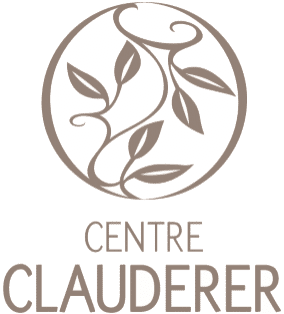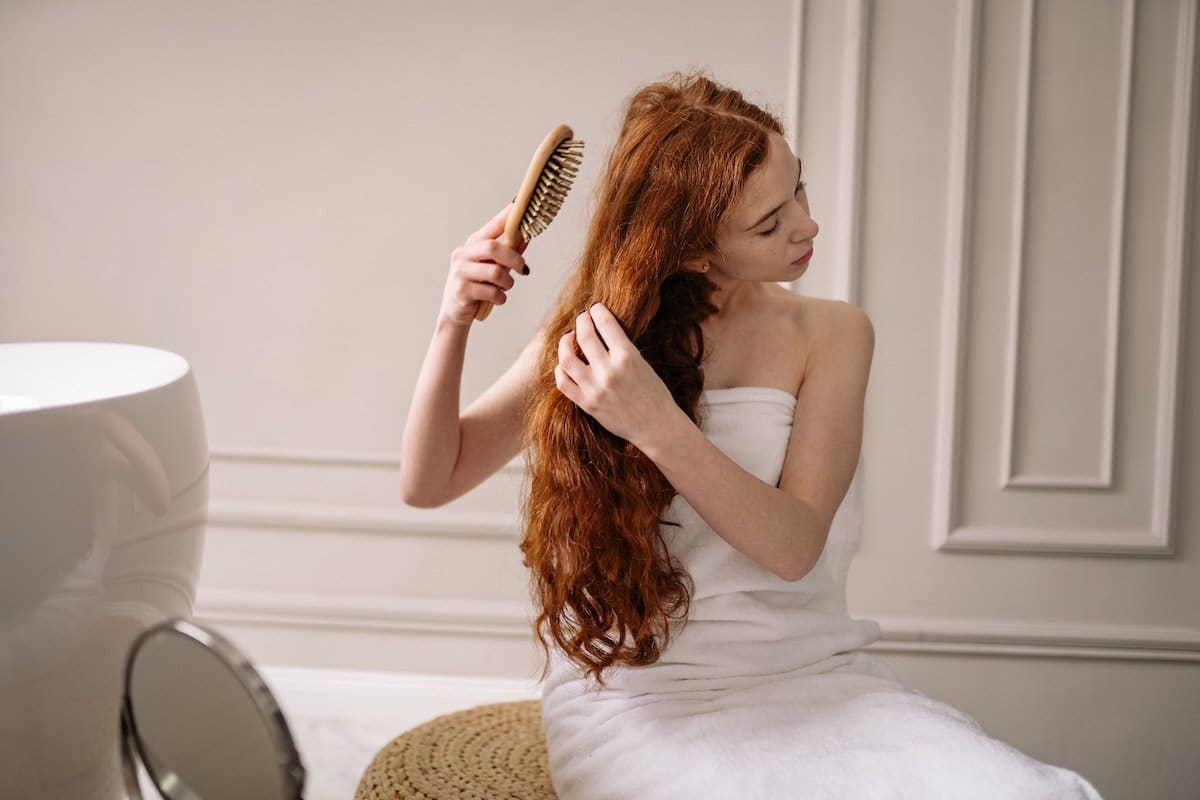At Centre Clauderer, we are asked this question very frequently.
Our hair mass is determined from birth by 2 parameters :
- The number of hairs per square centimetre,
- The calibre of our hair.
These 2 parameters are genetic like the colour of our eyes, for example. Therefore inherited capital cannot be changed. Hair that is fine at birth will never become thick, whatever the hair type. There's nothing you can do about it.
Not only can these 2 characteristics not be changed, but also hair can have a tendency to degrade over the years.
To fully understand how to promote hair growth and avoid excessive hair loss, it is important to understand why your hair can deteriorate. Here are a number of ideas and, above all, solutions for regaining hair mass.
Why am I losing hair mass?
1. Genetic predisposition :
Genetics is by far the main cause of hair loss. Depending on our genes, both men and women will have a tendency to develop (or not) alopecia (hair loss). It is also these genetic predispositions that mean that we start to lose hair mass at a very young age (sometimes as early as 20), or from the age of 35 onwards, or after giving birth or at the menopause.
2. Hormonal changes:
Hormonal changes are often accompanied by a significant change in hair volume.
For women, some of these are :
- pregnancy, during which the hair is boosted by an influx of female hormones,
- childbirth and breastfeeding which sees a very rapid hormonal rebalancing in favour of male hormones, often resulting in a hair loss also known as the "baby blues".
- the menopause.
To a lesser extent, certain diseases such as polycystic ovary syndrome (PCOS) also cause a change in hormonal balance, which can lead to a loss of hair mass.
Finally, we often forget that taking a contraceptive pill can also accentuate (but not trigger) a pre-existing tendency to hair volume loss.
3. Health problems :
A thyroid poorly stabilised, prolonged iron deficiency and certain allergies can be the cause of excessive hair loss leading to a reduction in our hair mass.
4. Cosmetic manipulations :
Regular use of cosmetic products or aggressive handling can also cause hair loss over time. These include straightening and colouring hair too close together, as well as the use of straightening irons. Exposure to excessive heat is a sworn enemy of hair health.
5. Ageing :
As we age, our metabolisms tend to slow down, and the same applies to the rate of hair renewal. So a reduction in hair volume is often a natural consequence of ageing.
How can I thicken my hair?
Thickening the hair mass without working deep down, at the roots, essentially means giving a temporary impression of volume. The treatments and cosmetic manipulations listed here can add volume to the hair fibre, of course, but they are not intended to strengthen the roots to stimulate regrowth of stronger hair.
There is no miracle recipe for increasing hair mass naturally, nor is there any method that is scientifically recognised for its effectiveness.
However, some home recipes have been proven to bring shine and tone to tired, thinning hair. The two most popular are egg and olive oil masks.
The egg mask :
The high protein content of eggs is reputed to strengthen the hair fibre.
How do I make an egg mask? Beat 2 eggs, apply the resulting mixture to slightly wet hair, leave on for 30 minutes then rinse with warm water. For all hair types.
Olive oil mask :
In particular rich in essential fatty acids (the famous omega-3s), olive oil is often considered to be beneficial to hair vigour and can therefore give hair a fuller appearance.
In practice, the idea is to bring the olive oil up to body temperature and massage the vegetable oil into the hair to impregnate it thoroughly before leaving to work, then rinsing with warm water and washing with a very mild shampoo. Perfect for nourishing dry hair, but be careful not to use on hair that is too fine.
Finally, there's nothing like an appointment with your favourite hairdresser to get your fine hair cut into a pretty style that'll give it the impression of volume in just a few strokes of the scissors! And don't forget to have your hair cut regularly if you want to get rid of damaged, thinning ends: ideal for adding volume to your hair, naturally./
How can I thicken fine hair?
The calibre of our hair is part of our genetic make-up, so we will never transform fine hair into thick hair.
On the other hand, it is possible to restore thickness to hair that has thinned. How do you go about it? It's very simple: the roots of our hair that produce hair. By thickening the roots, i.e. strengthening them, they will produce thicker hair.
At Clauderer we carried out a quantitative study on a panel of 57 people who used Serum 7R or Serum 6R twice a week for 4 consecutive months.
The results speak for themselves: hair root calibre increased by 73% and hair calibre increased by 35%.
A word of warning! Since hair grows at an average rate of 1 centimetre per month, it will take time to regain hair mass when the hair is weakened.
HAIR BEFORE AND AFTER WITH CLAUDERER SERUMS
Sandra, aged 34, after 4 and then 12 months of Clauderer treatment
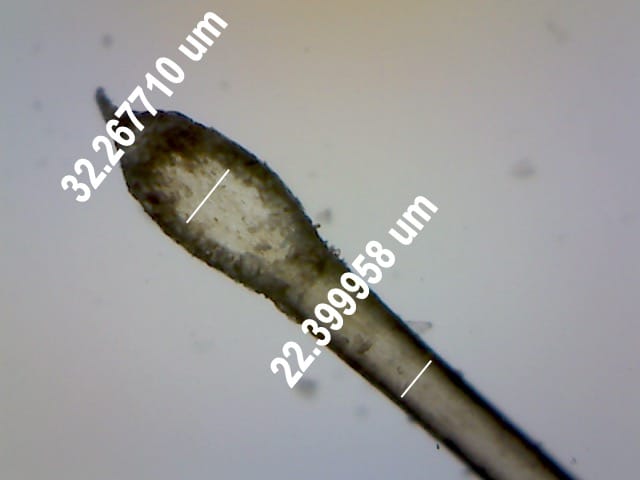
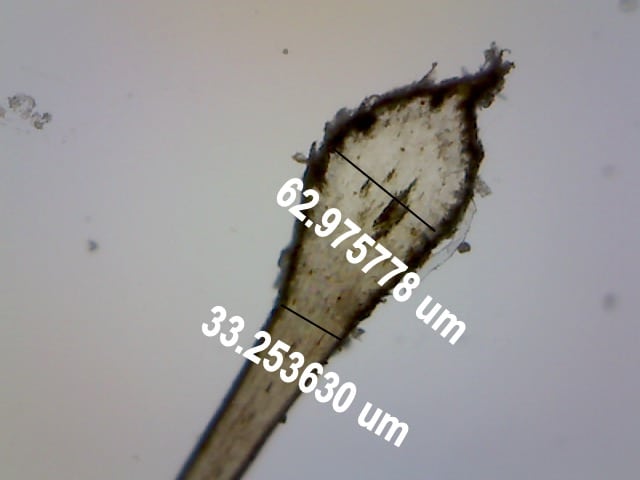
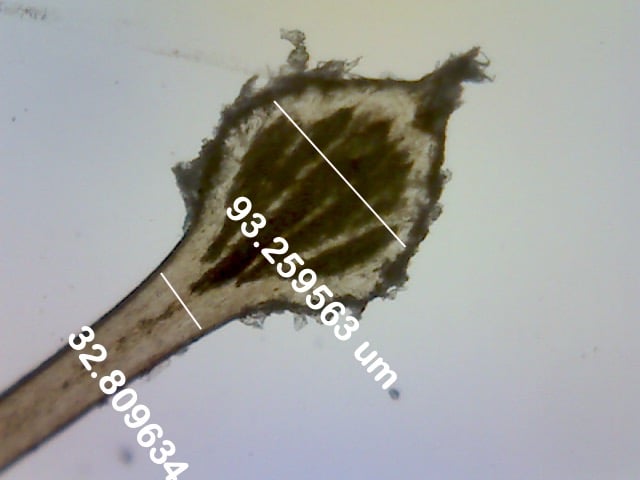
Isabelle, aged 49, after 4 and then 12 months of Clauderer treatment
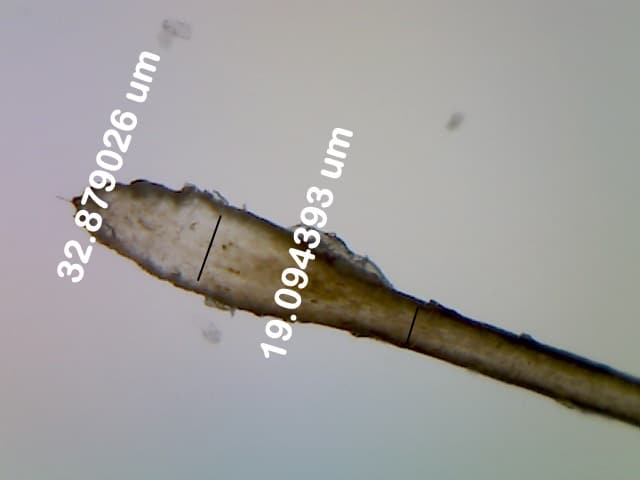
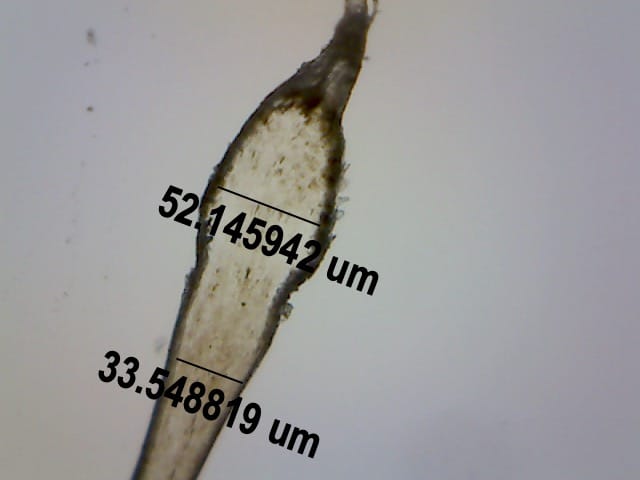
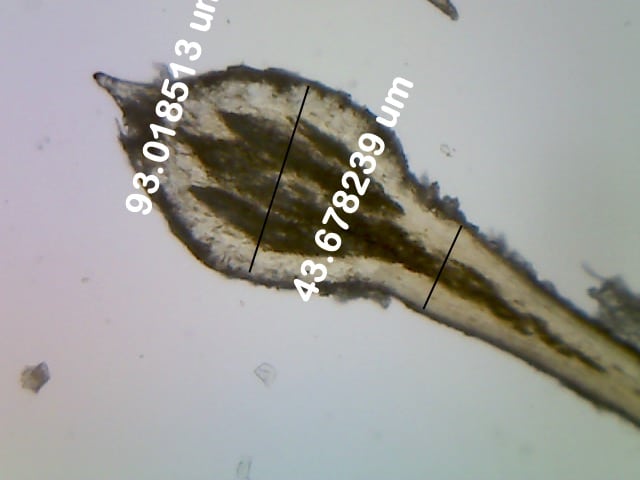
How can I combat thinning hair?
Thinning hair is the most common symptom of androgenetic alopecia. Little by little, male hormones exhaust the roots of our hair, causing them to produce thinner and thinner hair. Fighting thinning hair therefore starts with protecting the roots of our hair from the activity of male hormones.
This is the primary role of Clauderer Serums which inhibit 5 alpha-reductase, the enzyme that converts testosterone into DHT, the killer of our hair roots.
To combat thinning hair and the resulting loss of hair mass, we then need to stimulate hair root activity by regulating the growth hormones IGF1 and KGF and by stimulating hair growth (in particular with TERC and VGEF proteins).
Which vitamin thickens hair?
The vitamins that contribute to healthy hair growth are well known. These include group B vitamins (vitamins B2, B3, B5, B6 and B8). Their main role is to contribute to protein metabolism to release the energy (ATP) needed for cell renewal, including hair growth. Vitamin B8, also known as "biotin" and sometimes incorrectly as "vitamin B7", plays an essential role in the Krebs cycle. The best-known function of the Krebs cycle is to produce energy within cells. In the hair follicle, this energy is essential for the production of keratin, and therefore for hair growth. The Krebs cycle has another, much less well-known function also allows water to be produced directly inside the cells, thereby maintaining an optimal level of intracellular hydration. Remember that water has no particular function for our cells, it has no particular role in the various metabolisms... except that, without water, no metabolism can take place and our cells die.
Group B vitamins can therefore help to thicken hair by stimulating the production of keratin.
Another vitamin that plays an essential role in promoting hair growth is vitamin C. Vitamin C will protect cells from the potentially dangerous activity of free radicals. Free radicals are molecules that are described as unstable because they have an odd number of electrons. All they do is attach themselves to another molecule in their environment to take an electron from it. This other molecule will in turn become unstable and will also try to obtain a new electron. In short, it's a chain reaction that damages the proteins and lipids that make up our cells. This is the "oxidative stress" that can lead to thinning hair and loss of hair mass.
Vitamin C is a powerful antioxidant. In other words, it is capable of providing electrons to free radicals without becoming unstable itself.
Vitamin D will play a role in thickening hair which becomes thinner by fighting "oxidative stress "installed. It can therefore help to restore hair mass naturally.
To conclude, group B vitamins and vitamin C act synergistically to help thicken the hair: the first promotes the growth of strong hair and the second helps protect this hair growth.
While these vitamins are found naturally in our daily diet, particularly in seasonal fruit and vegetables, you can also give your diet a boost by taking some targeted food supplements. Clauderer's Racines Plus treatment provides 100% of the vitamins and trace elements that hair needs.
